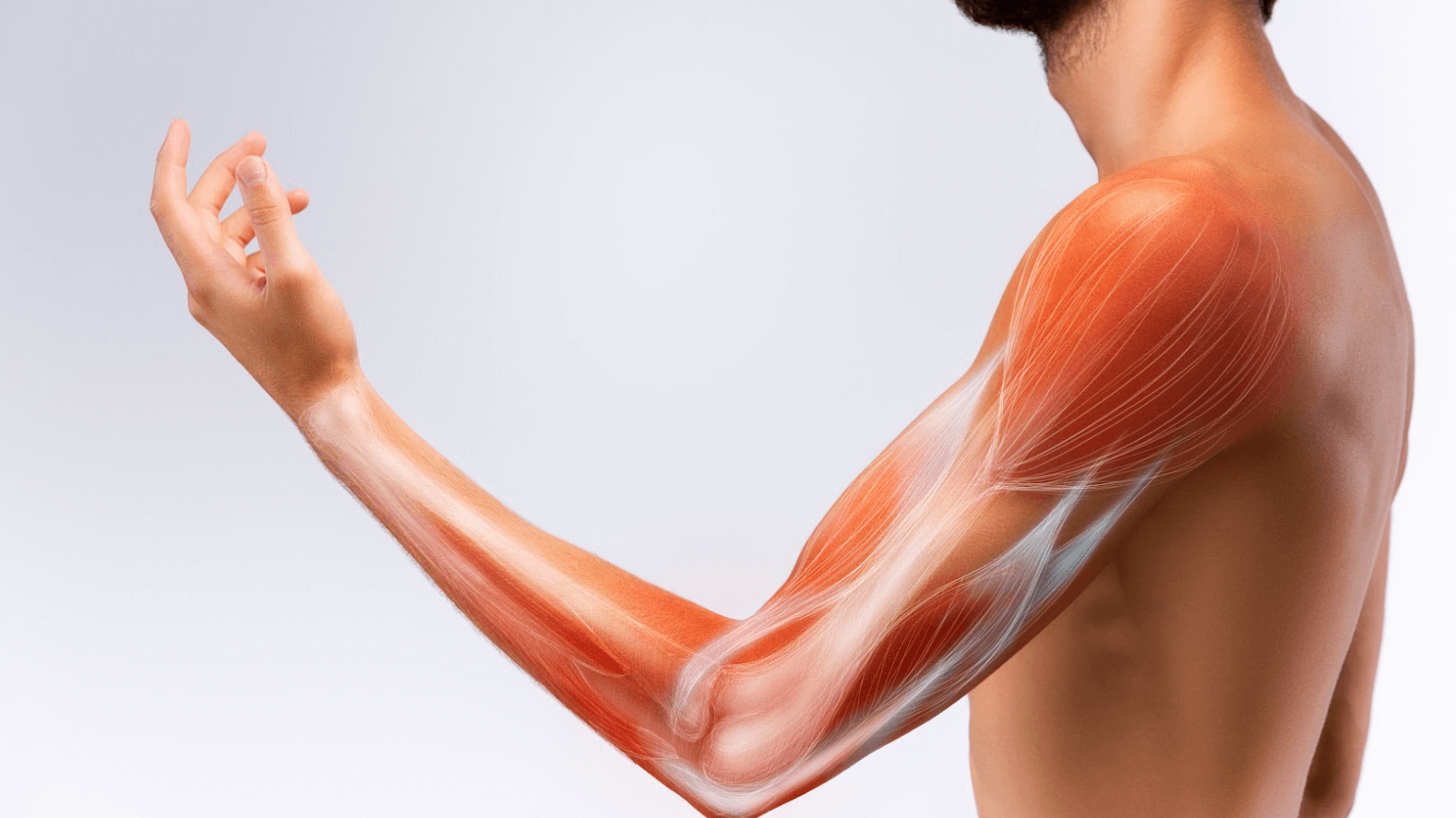How to Tell If You Have a Rotator Cuff Tear
&srotate=0)
We utilize the latest treatment techniques and technologies at Interventional Orthopedics of Atlanta. TENEX, previously known as percutaneous tenotomy, can offer an impactful treatment strategy with multiple benefits.
TENEX is an ultrasound-guided technology that removes the damaged tissue responsible for pain and reduced mobility while leaving the healthy tissue unharmed and ready to heal. And this modern modality can be used in multiple areas to help relieve pain, discomfort, and immobility while facilitating the healing response.
So, if you’re suffering from daily aches or musculoskeletal troubles, or have any other concerns, please schedule a consultation with Dr. Christopher Williams to explore your options.
How to tell if you have a rotator cuff tear
The musculoskeletal system deals with a significant amount of physical stress every day. Especially the rotator cuff, as virtually all daily duties and hobbies require shoulder mobility. And while the rotator cuff offers excellent agility and stability for the shoulder joint, there’s a trade-off between the two. For example, the similar hip joint is more stable but less agile, while the shoulder joint offers increased mobility at the cost of some stability. Therefore, rotator cuff injuries may be more common, at least for some groups of people.
Such injuries may cause a sharp pain or a dull ache, which may also worsen at night or after periods of inactivity when the muscles “cool down” and become stiffer. In addition to daily discomfort, a rotator cuff tear will likely limit your mobility and function. Some patients may have trouble going through a full range of motion, performing necessary tasks, or enjoying their favorite pastimes. Muscle weakness may occur, and it may also be impossible to sleep on (or put pressure on) that side of the body. Furthermore, a grating or clicking sound or sensation may manifest when moving the affected shoulder.
TENEX treatment can help with pain and discomfort
Since the rotator cuff includes a number of different tissues and structures, including muscles and connective tissues, the severity of a rotator cuff injury can be impossible to self-diagnose. A comprehensive consultation with Dr. Williams will allow us to craft the most effective treatment plan possible for you.
Your treatment plan may include numerous therapeutic methods, including physical therapy techniques, lifestyle modifications, and medications to relieve pain and inflammation. However, the cornerstone of your recovery plan may be TENEX, a minimally invasive procedure that can mimic the effects of more complicated surgeries while avoiding the downsides.
During a TENEX procedure, we use a state-of-the-art ultrasound-guided system to remove the injured tissue (such as scar tissue) responsible for causing inflammation, pain, weakness, and reduced mobility.
Find relief and accelerate your recovery in Atlanta
TENEX treatments provide a modern technique to treat an age-old woe: musculoskeletal injuries, including common tears. TENEX is less invasive than alternative treatments, such as surgeries, and removes the scar tissue that causes discomfort and reduces your daily function and range of motion.
As a result, your body can enjoy a more effective healing process while you enjoy better performance and pain relief. Dr. Christopher Williams is excited to craft an optimal treatment plan for you. Contact us at Interventional Orthopedics of Atlanta to begin your road to recovery today.